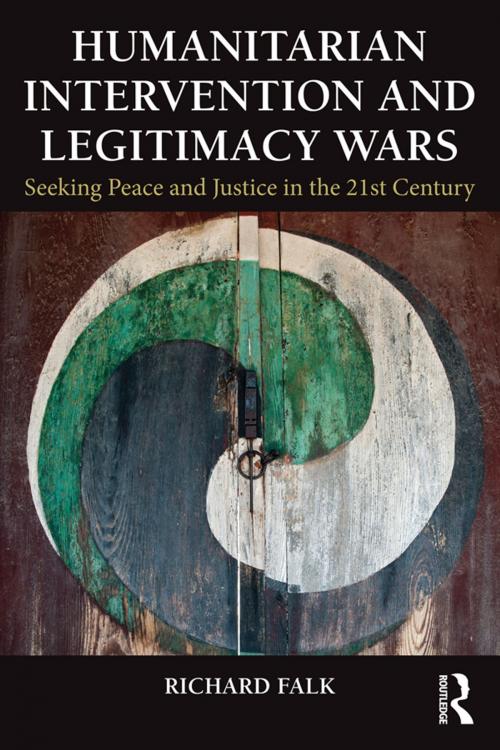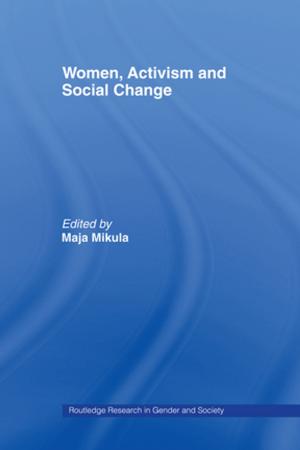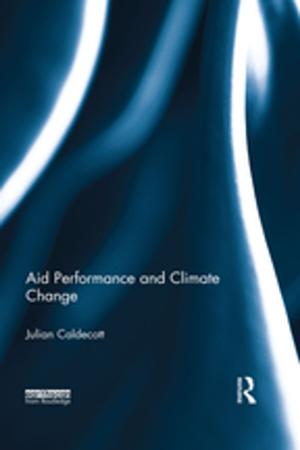Humanitarian Intervention and Legitimacy Wars
Seeking Peace and Justice in the 21st Century
Nonfiction, Social & Cultural Studies, Political Science, Politics, History & Theory| Author: | Richard Falk | ISBN: | 9781317644385 |
| Publisher: | Taylor and Francis | Publication: | August 21, 2014 |
| Imprint: | Routledge | Language: | English |
| Author: | Richard Falk |
| ISBN: | 9781317644385 |
| Publisher: | Taylor and Francis |
| Publication: | August 21, 2014 |
| Imprint: | Routledge |
| Language: | English |
In the aftermath of the Cold War there has been a dramatic shift in thinking about the maintenance of peace and security on a global level. This shift is away from a preoccupation with how to prevent major wars between sovereign states to a preoccupation about non-state transnational warfare and violence and strife within states in a world order that continues to be juridically and politically delimited by spatial ideas of national sovereignty and national independence as signified by international boundaries.
In this book, Richard Falk draws upon these changes to examine the ethics and politics of humanitarian intervention in the 21st Century. As well as analysing the theoretical and conceptual basis of the responsibility to protect, the book also contains a number of case studies looking at Iraq, Afghanistan, Kosovo and Syria. The final section explores when humanitarian intervention can succeed and the changing nature of international political legitimacy in countries such as India, Tibet, South Africa and Palestine.
This book will be of interest to students of International Relations theory, Peace Studies and Global Politics.
In the aftermath of the Cold War there has been a dramatic shift in thinking about the maintenance of peace and security on a global level. This shift is away from a preoccupation with how to prevent major wars between sovereign states to a preoccupation about non-state transnational warfare and violence and strife within states in a world order that continues to be juridically and politically delimited by spatial ideas of national sovereignty and national independence as signified by international boundaries.
In this book, Richard Falk draws upon these changes to examine the ethics and politics of humanitarian intervention in the 21st Century. As well as analysing the theoretical and conceptual basis of the responsibility to protect, the book also contains a number of case studies looking at Iraq, Afghanistan, Kosovo and Syria. The final section explores when humanitarian intervention can succeed and the changing nature of international political legitimacy in countries such as India, Tibet, South Africa and Palestine.
This book will be of interest to students of International Relations theory, Peace Studies and Global Politics.















